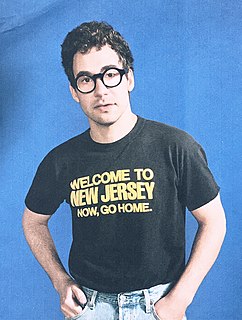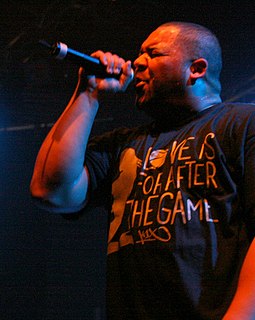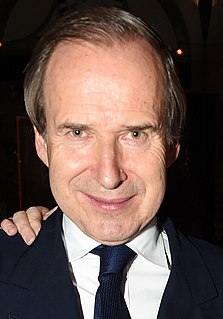A Quote by Jonathan Franzen
Related Quotes
What sets 'Some Nights' apart from anything we've ever done is the hip-hop influence. Not so much the actual sound of hip-hop, but more the vibrato and the artistry that comes with it. Right now, the artists that seem to be pushing to be the greatest artists and are trying to change the world are hip-hop artists.
To me, that's the biggest problem with hip-hop today is the fact that everyone believes that all of hip-hop is rap music, and that, when you say "hip-hop," it's synonymous with rap. That when you say "hip-hop," you should be thinking about breakdancing, graffiti art, or MCing - which is the proper name for rap - DJing, beat-boxing, language, fashion, knowledge, trade. You should be thinking about a culture when you say, "hip-hop.".
Somewhere down the line, the evil ones stole the legacy of hip hop and flipped it to a corporate type of hip hop. They decided to tell everybody 'Well, this is what hip hop is,' instead of coming back to the pioneers and getting the true definition of what hip hop is and what it was and what we been pushing for all these years.
Some artists are definitely trying to do different styles. Some, not a lot. But even from what you've seen [of] Outkast, Kanye West, and Lil' Wayne, and different people expressing their way of evolving in hip-hop. In the evolution of hip-hop, they're doing different things. And you've seen hip-hop have more of a global presence and impact on the world.
If you want to speak about different ethnicities and diversity, rap and hip-hop are all over the planet. Every country, from Turkey to Australia, now has tons of hip-hop artists. The music and artistry have moved way faster than the corporatization of the music. You do need organization and opportunity for these artists to express themselves, and I don't think it has to come from a corporate co-signing.
































